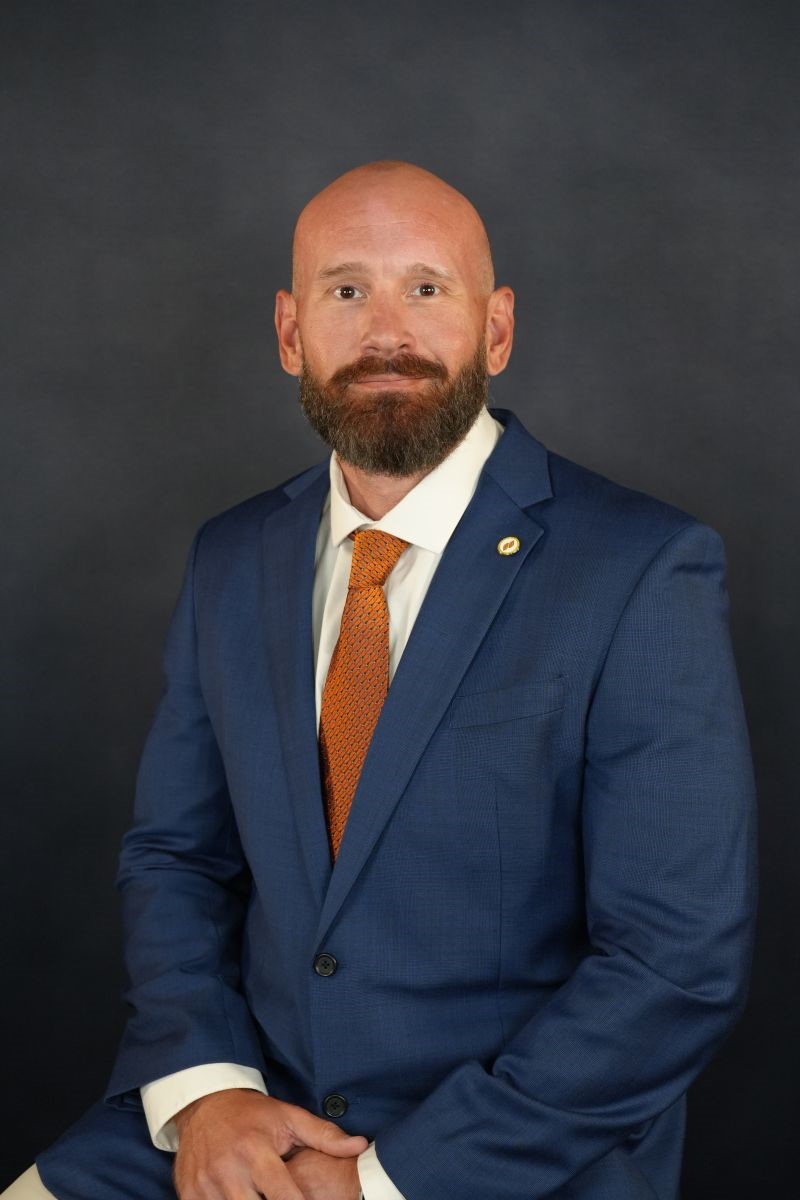MIDLAND, Mich. – On top of automotive troubles and the bank conversion attempt by DFCU Financial CU, Michigan credit unions were suffering a little more heartburn this month with a banker-written, tax-exemption blast by a think tank here. A position paper appearing Feb. 6 on the Web site of the Mackinac Center for Public Policy and titled, "Banks and Credit Unions: the Unlevel Playing Field" claims banks are at a competitive disadvantage because federal CUs "enjoy significant tax and regulatory status" in today's financial markets. The author of the article is David L. Littmann, a career banker who is the center's senior economist and former senior vice president-economist at Comerica Bank in Detroit, In the article, Littmann argues CUs, because of their "unfair economic" tax status, avoid "the immense costs of complying with the Community Reinvestment Act" and other regulations borne by banks. Moreover, small and medium-sized banks in Michigan "have been consistently losing market share to credit unions" because of special CU "tax privileges," wrote Littmann urging changes in federal CU law as something long overdue. In a rebuttal which may also appear soon on the Center's Web site, CUNA and the Michigan League called the Littmann article "full of inaccuracies and misstatements." And in a sarcastic rejoinder letter, the Michigan League charged Littman's premises as utterly illogical. "On one hand, during the past decade, 26 credit unions have converted their charters to bank charters on the basis that they need the expanded market flexibility, new powers and preferential capital standards," wrote Michigan CU League President/CEO David Adams. And yet, he continued, "not a single bank has switched to a credit union charter during that period. And in every case, the officials of these institutions make the case that the credit union charter is somehow flawed and that they need to convert to a bank in order to succeed at better serving their customers! So I'm confused. Which charter has the competitive advantage?" Adams also wrote that he found it "ironic that Mr. Littmann suggests that consumers and lawmakers should be concerned about this supposed unlevel playing field" when banker studies show that CUs are making lower rate auto loans because banks can't profitably do the same. "And they want to take this away from Michigan consumers by taxing credit unions? How do Michiganians benefit from that suggestion? Or is it possible that the only ones supporting a tax on credit unions is the banking industry in search of even greater profits for their stockholders?" asked Adams. "So as we watch to see if Michigan's largest credit union will convert to a bank charter, we can be sure that the banking industry and probably Mr. Littmann will be cheering it on," wrote Adams. However, in the final analysis, "the 165,000 members of DFCU will decide whether they want more low-cost auto loans that those banks can't seem to afford to make." "My money is on those middle class Michigan households voting to keep their credit union to help them through Michigan's tough economic times," concluded Adams. Chris Bachelder, director of communications for the Midland think tank, said it is the first time the Mackinac Center has written about credit unions. Previous articles and research papers distributed to lawmakers and public policy leaders deal most commonly with labor, education, property rights and general tax issues. Apart from the Web site, it is yet to be determined if the Littmann article will be distributed in published form and whether the Michigan League's rebuttal by Adams will be distributed anywhere. "I haven't read the whole piece through yet," said Bachelder. The Mackinac Center, founded in the late `80s and funded by individuals and corporate foundations, is a member of the State Policy Network, a Richmond, Calif. association of think tank firms. Bachelder said the Mackinac Center has a budget of $3.5 million and 30 employees. Bachelder said the management of the Mackinac Center was familiar with the bank/CU clash on the tax-exemption "but let me emphasize we have no dog in that battle" and the Mackinac Center is airing a timely issue "as a private citizen." It was thought that among major contributors to the Mackinac Center are bank-linked corporations including Dow Chemical which is headquartered here. A spokesman for CUNA noted also that objectivity of Littmann, the author, "has to be considered highly suspect and deserves to be called into question." Littmann was with Comerica or its predecessor banks for 30 years before joining the Mackinac Center. [email protected]
Complete your profile to continue reading and get FREE access to CUTimes.com, part of your ALM digital membership.
Your access to unlimited CUTimes.com content isn’t changing.
Once you are an ALM digital member, you’ll receive:
- Breaking credit union news and analysis, on-site and via our newsletters and custom alerts
- Weekly Shared Accounts podcast featuring exclusive interviews with industry leaders
- Educational webcasts, white papers, and ebooks from industry thought leaders
- Critical coverage of the commercial real estate and financial advisory markets on our other ALM sites, GlobeSt.com and ThinkAdvisor.com
Already have an account? Sign In Now
© 2025 ALM Global, LLC, All Rights Reserved. Request academic re-use from www.copyright.com. All other uses, submit a request to [email protected]. For more information visit Asset & Logo Licensing.









